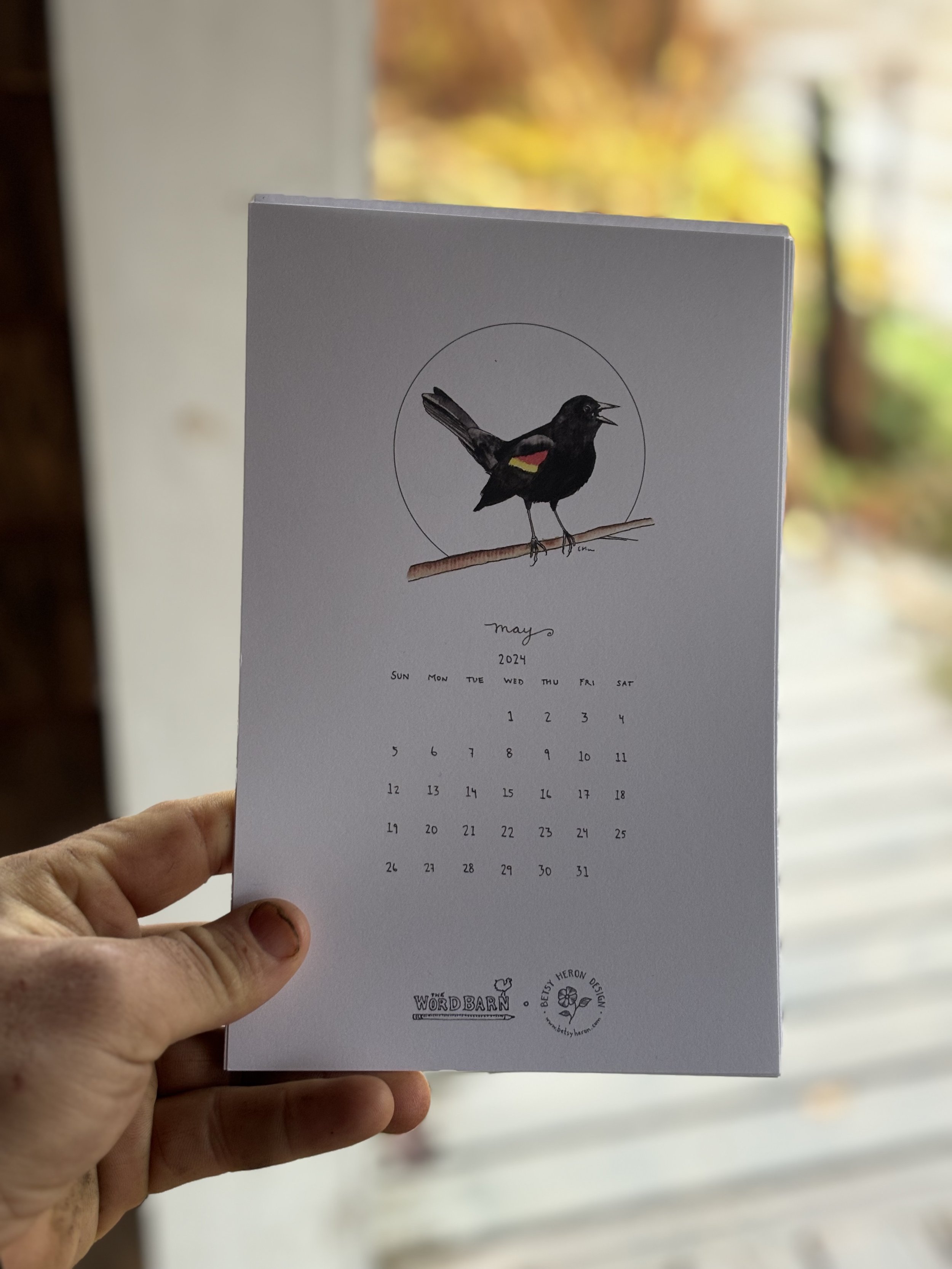We Hold On To What We Can: Poems by Sarah Alcott Anderson
Order Sarah’s first poetry collection being published by Loom Press.
In this debut collection of poems, Sarah Alcott Anderson of Exeter, N.H., explores love, longing, loss, marriage, children, and place through her own experiences. She writes, “In mostly plainspoken poems, I explore interior and exterior landscapes—from childhood to motherhood, New England to Ireland—in the hope of honoring that we are here right now.”
Poet Matt W. Miller in the foreword writes that Anderson’s lines seem “at times spun from a sugared lightning, at other times are as enriched as Irish bog or plain as New Hampshire granite, line and lyric come together to insist against a silence the world would have the poet embrace.”
Order Sarah’s first poetry collection being published by Loom Press.
In this debut collection of poems, Sarah Alcott Anderson of Exeter, N.H., explores love, longing, loss, marriage, children, and place through her own experiences. She writes, “In mostly plainspoken poems, I explore interior and exterior landscapes—from childhood to motherhood, New England to Ireland—in the hope of honoring that we are here right now.”
Poet Matt W. Miller in the foreword writes that Anderson’s lines seem “at times spun from a sugared lightning, at other times are as enriched as Irish bog or plain as New Hampshire granite, line and lyric come together to insist against a silence the world would have the poet embrace.”
Order Sarah’s first poetry collection being published by Loom Press.
In this debut collection of poems, Sarah Alcott Anderson of Exeter, N.H., explores love, longing, loss, marriage, children, and place through her own experiences. She writes, “In mostly plainspoken poems, I explore interior and exterior landscapes—from childhood to motherhood, New England to Ireland—in the hope of honoring that we are here right now.”
Poet Matt W. Miller in the foreword writes that Anderson’s lines seem “at times spun from a sugared lightning, at other times are as enriched as Irish bog or plain as New Hampshire granite, line and lyric come together to insist against a silence the world would have the poet embrace.”



